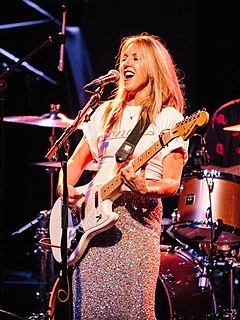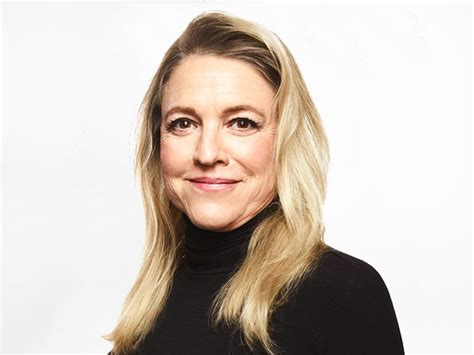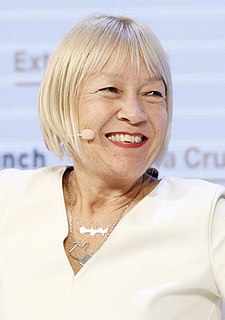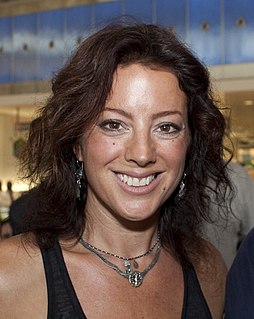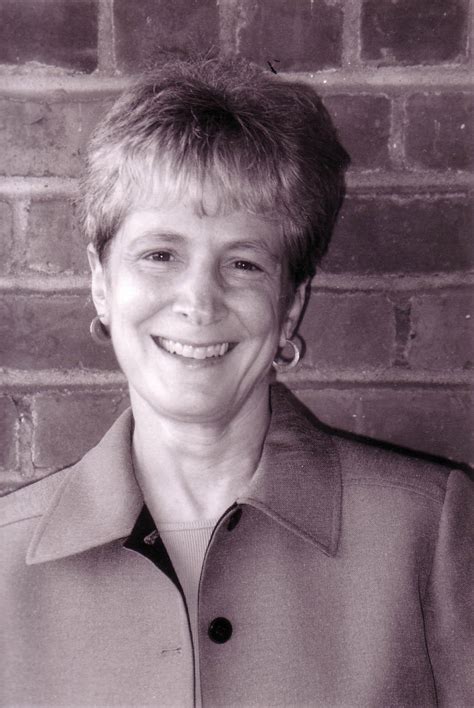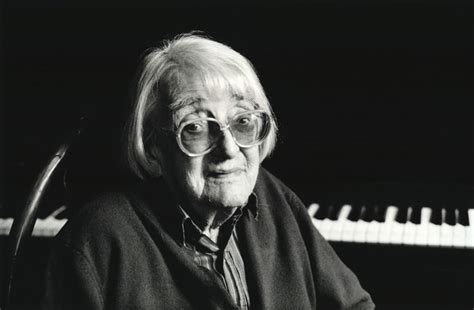A Quote by Liz Phair
I am a feminist, and I define myself: Be yourself, because if you can get away with it, that is the ultimate feminist act.
Related Quotes
I am surely a feminist filmmaker, but not because I set out to become one, or am trying to make any kind of statement. Rather, it's inherent in the act of expressing myself, as a woman who is deeply alienated from mainstream cinematic structures of seeing. I express myself and am instantly feminist.
I am a feminist - I just think the label reflects my beliefs - but, you know, we say 'Rookie' is a website for teenage girls, not a feminist website for teenage girls. That's not because I'm not proud to call myself a feminist, but when you're calling attention to a project, you can very easily be pigeonholed by choosing certain identifiers.
The word 'feminist' is a word that discriminates, and I'm not into that. I don't think there has to be a separation in life in anything. [...] Labels are for other people to understand us, so for me, I know how I feel and I don't need to call myself a 'feminist' or 'not a feminist' because I know what my truth is.
People ask me a lot, 'Well, can you be pro-life and be feminist? Can you be conservative and be feminist?' And I think that, yeah, maybe personally you can be those things. But I think if you're advocating for legislation, or if you're fighting to limit other women's rights, then you can't really call yourself a feminist.
A lot of women seem to have a similar attitude, - 'I'm not a feminist' - and it gets wearying. What's wrong with being a feminist? I'm proud to be a feminist. It's been one of the most positive things in my life. It's one of the best traditions there is. It's admirable to be a feminist and to stand up for one's sex, to fight against inequality and injustice and to work for a better society.
You know, people ask me a lot, well, can you be pro-life and be feminist? Can you be conservative and be feminist? And I think that yeah, maybe personally you can be those things. But I think if you're advocating for legislation, or if you're fighting to limit other women's rights, then you can't really call yourself a feminist.
